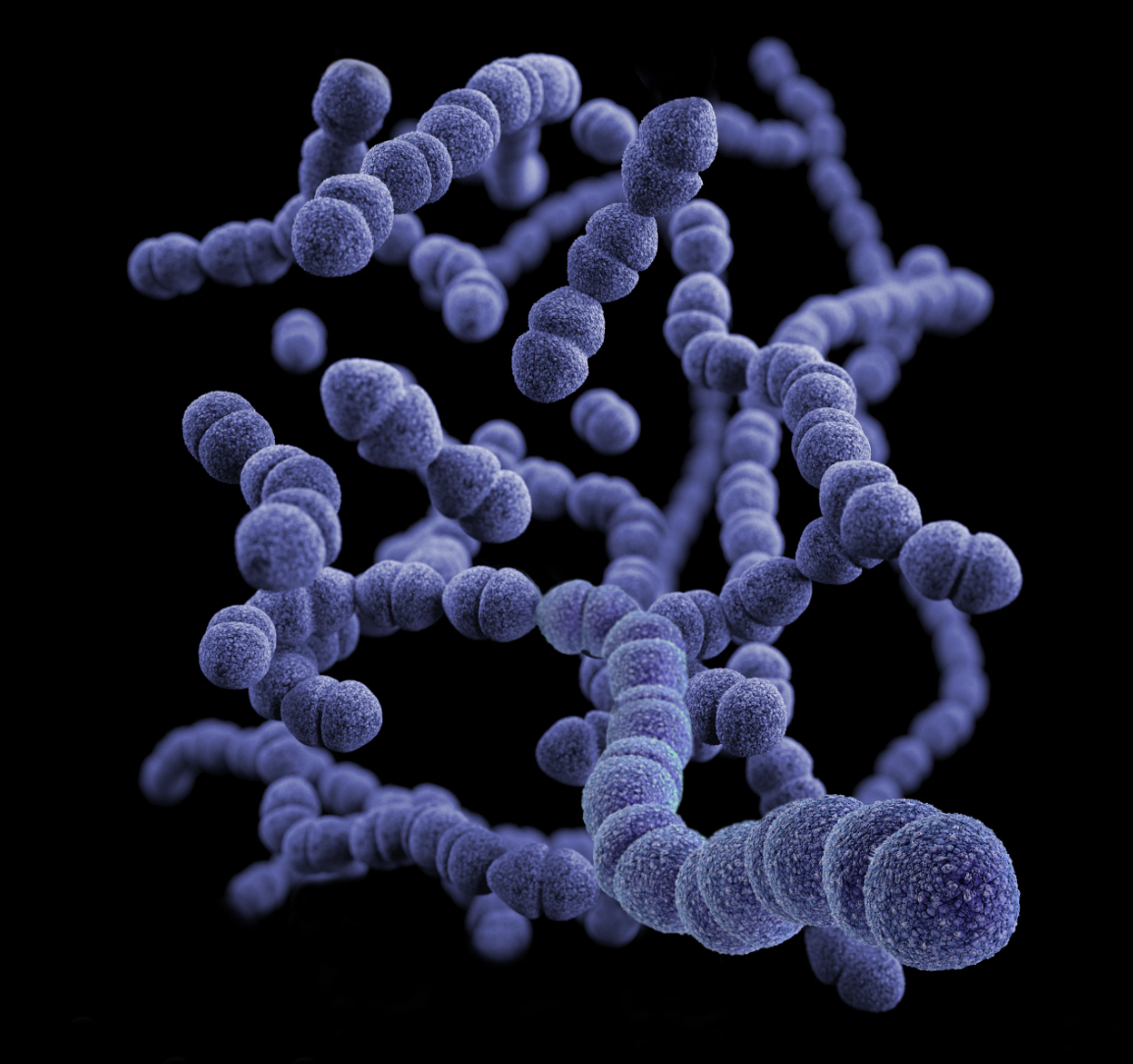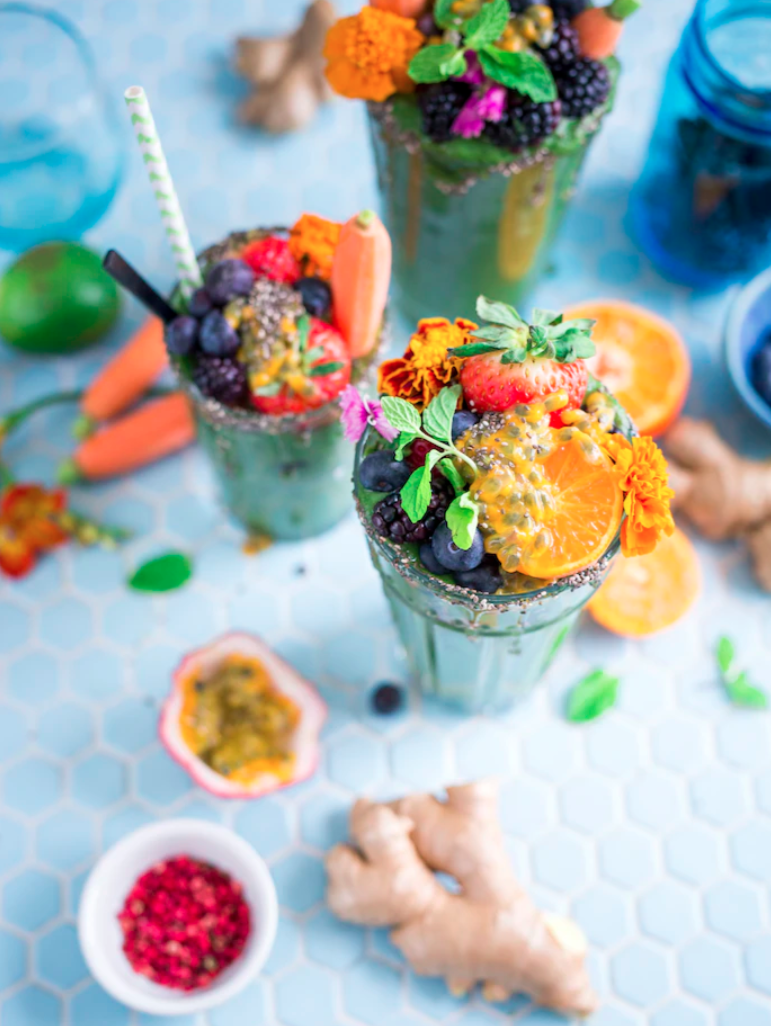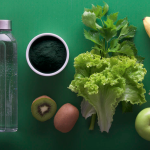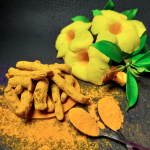The bacteria that live inside and on top of us play an important role in our immune system, affect many aspects of our health, and even communicate with our brains to affect our mood and appetite. They guard us against illnesses, control and energize our immune systems, and even manage our weight and metabolism.
Our gut health is, however, declining internationally as a result of contemporary diets, sedentary lives, and excessive exposure to stress, pollutants, and drugs. Asthma and allergies, inflammatory bowel disease and IBS, Rheumatoid Arthritis, Parkinson’s disease, and multiple sclerosis are just a few of the auto immune-related disorders that have been linked to this degeneration.
If you experience gastrointestinal issues, food intolerance, or even a compromised immune system, you might want to think about taking action to improve your gut health before your symptoms worsen. Our five-step strategy to reset and improve your digestive health is as follows:
1: Removing Harmful Foods & Toxins
Our first duty is to immediately eliminate certain dangerous substances from our diets and activities. Indulgences can also damage our digestive systems when they are ingested in excess. The important ones to watch out for are listed below: Antibiotics Since their discovery and subsequent commercial manufacturing over 70 years ago, antibiotics have been one of the most important medical advancements. Without them, a minor cut or graze may be fatal. They have saved countless lives. Their broad use in farming and the enormous over-prescription and inappropriate use by ius that has accompanied their success, however, have had negative effects on the health of our gut microbiota. If your doctor does prescribe an antibiotic course, feel free to debate their necessity and, if in doubt, seek a second opinion. In the meanwhile, if you are prescribed a course of antibiotics, many professionals advise taking the course.
Related: How To Restore Your Gut Health: Removing Harmful Foods & Toxins
2: Repairing your gut
foods that can strengthen and heal your gut lining and reduce inflammation in the stomach Curcumin Turmeric, a yellow spice used frequently in south Asian and Indian cuisine, contains a substance called curcumin. Numerous studies have shown turmeric’s significant anti-inflammatory and antioxidant capabilities, as well as its capacity to stop the formation of pathogens (or “bad”) bacteria and germs and safeguard the intestine’s wall. Unless you consume a lot of curry, we recommend purchasing turmeric or curcumin in capsule form so you may experience the most benefits by consuming high amounts. In addition to assisting in regulating the formation of the cells that line our guts, butyrate is a potent anti-inflammatory and is essential for preserving gut health. It also aids in lowering inflammation and the pain, bloating, and gas that are linked with it. Your colonic mucosa, the mucous lining that protects your colon, relies heavily on it for energy. Fibre-rich foods will aid in raising butyrate levels by feeding the “good” bacteria in your colon and large intestine that are responsible for producing this molecule. A phased introduction may be necessary if you already have an inflamed or damaged stomach because eating a lot of fiber may make it worse. Apples As the proverbial adage goes, “An apple a day keeps the doctor away.” This is true. Apples, which are high in fiber and low in sugar, also aid in the digestion of butyrate, which feeds our good bacteria. Adaptable Starch While resistant starch is an excellent way to feed the beneficial bacteria that generates butyrate, we still suggest avoiding sugary meals and refined starches. Resistant starch is difficult to digest and will pass through the stomach and small intestine mainly undigested to reach the large intestine, whereas refined starch is quickly broken down and absorbed, disturbing the balance of our microbiota and packing on the calories. Here, it provides food for the beneficial bacteria, which in turn produces butyrate, which reduces inflammation and fortifies the gut lining. Grains, seeds, legumes, pulses, unripe bananas, and green peas all contain resistant starch. Surprisingly, part of the starch found in both rice and pasta.
3: Give Your Diet an Overhaul
Many businesses promote the use of probiotics, or live bacteria, to replenish the proper bacterial ecosystems in our guts. Even if some of these communities or strains may already be present in your gut, the improper diet will be preventing their expansion. Therefore, it is more crucial to lay the groundwork for a healthy gut flora through a diet rich in fiber and other foods with a healthy variety. In turn, this will nourish and encourage the diversity and growth of the beneficial “good” bacteria for a healthy gut.
Related: Give Your Diet an Overhaul to Restore Your Gut Health
4: Probiotics
Probiotics have been the subject of increasing excitement in recent years as the significance of our gut microorganisms has come to light. When we realize that we are lacking in microorganisms, it is almost instinctual to go for a supplement as a temporary remedy. As you stroll down the supermarket isle, you will see hundreds of products vying for shelf space and promoting the health advantages of their probiotic additions. However, many of these assertions are supported by scant or no trustworthy evidence.
In truth, the majority of probiotic foods and supplements don’t have adequate varieties or numbers of bacteria or a delivery system that protects them from stomach acid, allowing them to pass through and unharmed into the gut.

The best course of action will be to top up on probiotics through cultured dairy products and fermented meals, unless you have received medical advice indicating otherwise. If you have the time and resources, you might attempt making your own. If not, make sure to thoroughly examine the source to make sure it still contains live cultures and hasn’t been pasteurized. Fresh Yogurt Yogurt has long been valued for its health benefits and is often acceptable to those who are lactose intolerant. Although not all yoghurts are created equal, it is crucial to check the labels to make sure they include a considerable amount of live active cultures because it is a fantastic source of “good” bacteria like Lactobacillus. Cheese Only cheese prepared from unpasteurized milk will deliver enough probiotics to affect your gut; processed cheese may not have any at all. Not all cheeses contain living bacteria. Watch careful for the white French and Italian cheeses, which are frequently quite high in bacteria; alternatively, look for living and active cultures on the labeling. Brie, camembert, mozzarella, cheddar, and stilton are among cheeses that are high in “good” bacteria, however the advantages will vary by producer. Sauerkraut One of the first fermented meals from Northern Europe, sauerkraut is made of finely shred cabbage that has been fermented by lactic acid bacteria. It is popular in Germany, Poland, and Russia. Low in calories and rich in anti-inflammatory properties is sauerkraut. In addition to probiotics, sauerkraut is a wonderful source of antioxidants and dietary fiber. Leuconostoc mesenteroides, Lactobacillus brevis, Pediococcus pentosaceus, and Lactobacillus plantarum are a few noteworthy probiotic microorganisms found in sauerkraut. kefir When compared to other fermented dairy products, kefir is a far more potent form of probiotics because it contains roughly 30 distinct bacteria. The word “Keyif” is Turkish in origin and means “Feeling well after eating.” It is created by combining cultures of cow, goat, or sheep milk with kefir grains, which are lactic acid bacteria and yeast cultures. A sour, carbonated, mildly alcoholic liquid with a consistency and flavor like yogurt results from the fermentation of lactose. The most well-known probiotic beverage in the western diet is yogurt, but kefir has a wider variety of probiotic strains, including Lactobacillus acidophilus, Bifidobacterium bifidum, Streptococcus thermophilus, Lactobacillus delbrueckii subsp. bulgaricus, Lactobacillus helveticus, Lactobacillus kefiranofaciens, Lactoc kimchi Kimchi is a spicy side dish from Korea that is made of fermented cabbage and other vegetables. Many Chinese records from the period between 37 BCE and 7 CE mention the Koreans’ prowess in the production of fermented delicacies including wine, soybean paste, and salted and fermented fish. In addition to being a good source of allicin and selenium, kimchi contains the lactic acid bacteria Lactobacillus kimchi as well as other probiotic strains such Leuconostoc mesenteroides, Lactobacillus, and numerous other lactic acid bacteria. • Vitamin A, a potent antioxidant that fights cancer and promotes the growth and maintenance of a healthy body as well as good vision. • Aids in weight loss by increasing carbohydrate intake; • Aids in eliminating heavy metals from the liver, small intestine, and kidney; • Prevents stomach cancer
5: Changing your lifestyle
The quantity and variety of your gut microbiota are influenced by your food, sleep habits, stress levels, physical activity, and exposure to the great outdoors. Regular Workout This is crucial for commencing the transformation of your gut microbes. Numerous studies have demonstrated the positive effects of exercise on the diversity and health of our gut flora; in fact, some businesses are looking at the feces of top athletes in an effort to collect probiotic strains.
Being consistent is more important than being overly ambitious, so we advise choosing any form of exercise that is simple to do frequently and fit into your schedule. Sports and group activities that include a social or competitive component can help you become more motivated since they are more satisfying.

High Intensity Interval Training (HIIT), which has been demonstrated to dramatically increase the calorie “after burn” rate for several hours after the workout, has been discovered to offer considerable benefits if you are aiming to maximize the gain in many studies. Fasting The advantages of fasting for your gut flora and general health have just recently come to light. Fasting may help protect the gut microbiome and subsequently the body by inducing an anti-inflammatory response in the gut, safeguarding both you and your bacteria, according to a recent study published in the National Academy of Sciences. While fruit flies, which express many of the same metabolism-related genes as humans, were used in this study, they nonetheless offer crucial insights into how our own gut microbiota and metabolic systems function. The gut-brain axis was activated in the study by having the flies fast, and this resulted in the flies living twice as long as the flies that did not. Sleep Studies have demonstrated that getting insufficient sleep affects the balance of microorganisms in the gut.
Researchers discovered that a two-day period of mild sleep deprivation in healthy males changed the equilibrium of their gut microbes. Other research have demonstrated how sleep deprivation causes patients to lose their sensitivity to the hormone insulin, which contributes to weight gain by regulating blood sugar levels. Dirt Get your hands filthy and go outside to the garden: There is growing evidence that playing in, breathing in, and digging in dirt can be beneficial for your health and the health of your gut. The soil in your garden or park has its own microbiome. Another study found that children in rural Bavaria who played in animal stables and drank farm milk had significantly lower rates of asthma and allergies over the course of their lives than their non-playing neighbors. This finding supports the idea that early exposure to microbes in the air and soil is associated with the development of a more robust immune system. Researchers have been investigating the effects of injecting specific bacteria from the soil straight into our bodies with extremely intriguing positive impacts on the patients in a number of experimental investigations. A particular bacteria, M. vaccae, has gotten a lot of good press and been shown to affect mice’s mood and cognitive function. As this variety of bacteria is widespread, you are likely to run into it by simply going outside. Stress Our body releases hormones and adrenalin during our fight-or-flight reaction to threats we experience, which causes an increase in blood pressure, heart rate, and breathing rate as well as an increase in blood flow to the muscles. It negatively impacts both our brain-gut axis, which facilitates communication between our gut bacteria and our brain, as well as our gut microbiota.
A variety of illnesses, including diarrhea and leaky gut, inflammatory bowel disease (IBD), irritable bowel syndrome (IBS), peptic ulcers, and reflux, can be brought on by prolonged stress (GERD). Since ancient times, people have used meditation as a helpful tool to control their stress and anxiety. When used regularly, it has been proven to be an efficient way to lower stress, enabling better relaxation, cardiovascular health, and mental focus. It is intended to induce a deep state of relaxation by regulating our heart rate, blood pressure, and respiration. If you experience stress at work or elsewhere in your life, consider engaging in daily meditation.





